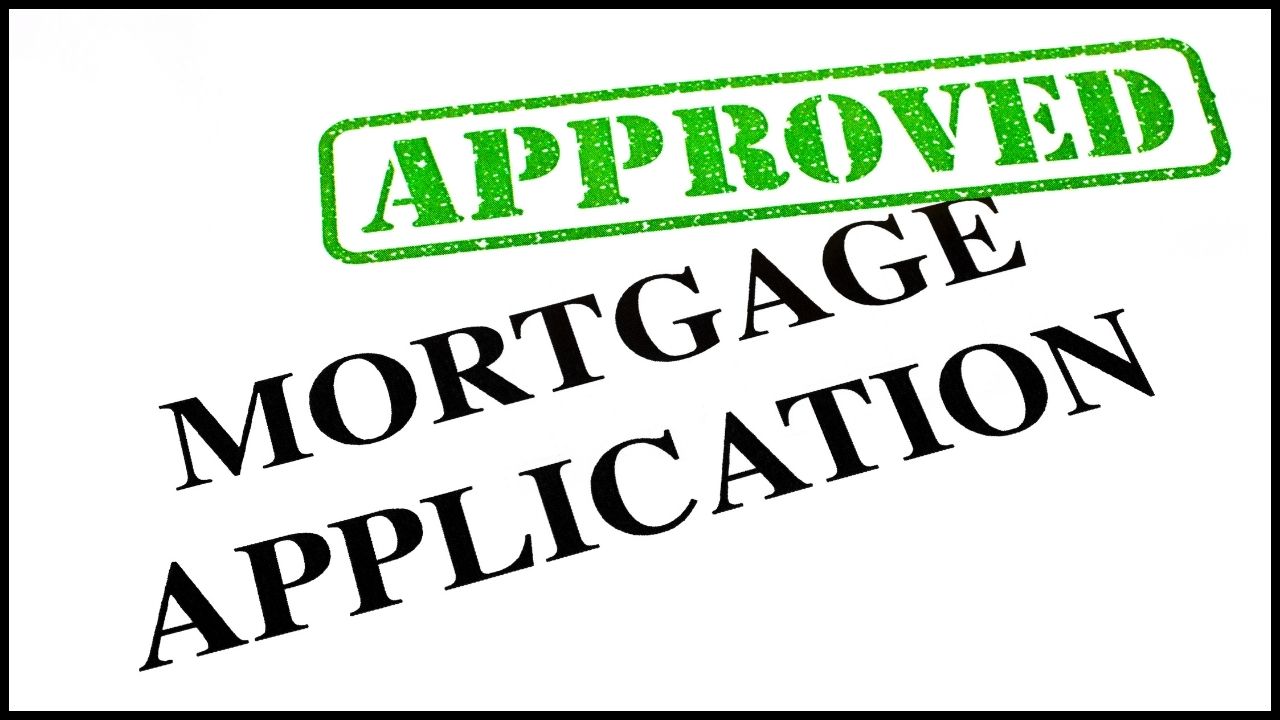 Your mortgage application is more than just paperwork—it’s your chance to demonstrate to lenders that you’re a reliable and financially stable borrower. Whether you’re a first-time homebuyer or looking to upgrade, a strong application can make a significant difference in securing favorable terms. Here are practical steps you can take to improve your mortgage application and maximize your chances of approval.
Your mortgage application is more than just paperwork—it’s your chance to demonstrate to lenders that you’re a reliable and financially stable borrower. Whether you’re a first-time homebuyer or looking to upgrade, a strong application can make a significant difference in securing favorable terms. Here are practical steps you can take to improve your mortgage application and maximize your chances of approval.
1. Focus on Your Credit Score
Your credit score is one of the most critical factors lenders consider. A higher score shows financial responsibility and reduces the perceived risk of lending to you. To enhance your credit score:
-
Pay down outstanding debts: Reducing credit card balances can improve your debt-to-credit ratio.
-
Avoid late payments: Consistent, on-time payments build trust with lenders.
-
Hold off on opening new credit accounts: Avoid taking on new debt or making large purchases on credit before submitting your application.
If your credit score isn’t where it needs to be, start improving it months before you apply for a mortgage.
2. Reduce Your Debt-to-Income Ratio
Lenders closely evaluate your debt-to-income (DTI) ratio to ensure you can handle monthly mortgage payments alongside existing debts. To lower your DTI:
-
Pay off small debts when possible.
-
Avoid taking on new loans or credit obligations.
-
Keep your spending in check and focus on saving for your down payment.
A lower DTI ratio signals to lenders that you can comfortably manage your financial obligations.
3. Highlight a Stable Income
Having a steady and reliable income is crucial for mortgage approval. To showcase your financial health, provide thorough documentation, including:
-
Recent pay stubs
-
Tax returns from the past two years
-
Bank statements showing consistent deposits
If your income includes bonuses, commissions, or freelance work, ensure that it’s well-documented and consistent over time.
4. Be Honest About Your Financial Situation
Transparency goes a long way in building trust with lenders. Fully disclose your financial situation, including:
-
All sources of income
-
Any debts or financial obligations
-
Assets that may help strengthen your application
Hiding information can lead to delays, complications, or even denial. By being upfront, you’ll foster trust and avoid surprises during the underwriting process.
5. Shop Around for the Best Rates and Terms
Not all lenders are the same, and comparing options can help you find the best deal. When shopping around:
-
Look at interest rates, closing costs, and loan terms.
-
Check customer reviews and lender reputations.
-
Don’t be afraid to negotiate or ask questions about fees and conditions.
Even a slight difference in interest rates can save you thousands of dollars over the life of your loan.
6. Save for a Larger Down Payment
While some loans allow for low down payments, offering a higher one can strengthen your application. A larger down payment reduces the loan amount and shows lenders you’re financially committed to the purchase.
Improving your mortgage application isn’t just about increasing your chances of approval—it’s about setting yourself up for long-term financial success. Lenders want to see that you’re a low-risk borrower, and by taking these steps, you can present a solid financial profile that stands out.
Ready to take the first step toward homeownership? Start improving your mortgage application today by following these tips. A strong application can help you secure the home you’ve been dreaming of!
 If you’re self-employed or have an income that doesn’t fit traditional molds, securing financing for a home renovation or debt consolidation can seem daunting. However, bank statement second mortgages are designed to provide a viable solution for homeowners who don’t rely on conventional pay stubs, W-2 forms, or tax returns. Let’s break down how these unique loans work and how they can benefit self-employed individuals.
If you’re self-employed or have an income that doesn’t fit traditional molds, securing financing for a home renovation or debt consolidation can seem daunting. However, bank statement second mortgages are designed to provide a viable solution for homeowners who don’t rely on conventional pay stubs, W-2 forms, or tax returns. Let’s break down how these unique loans work and how they can benefit self-employed individuals.